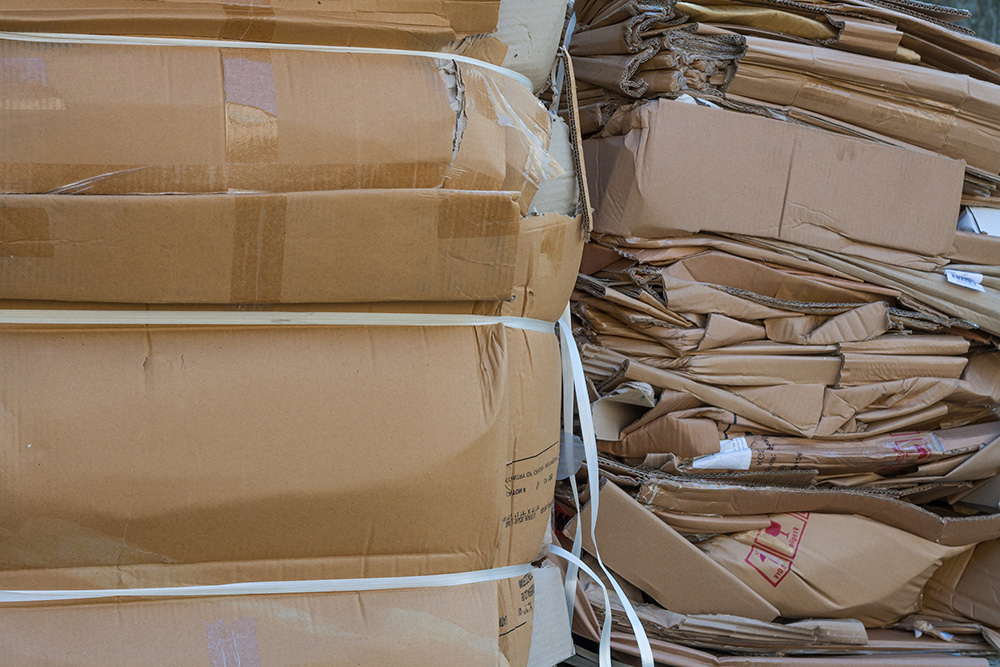How To Manage Your Commercial Waste
Managing commercial waste is an important aspect of running a business. As businesses produce a significant amount of waste, it is crucial that business owners take steps to reduce and properly dispose of their waste. In this article, we will discuss the steps and benefits of recycling commercial waste, and how to manage it effectively.
How Do You Manage Commercial Waste – 5 Steps
Step 1: Assess Your Business Waste
The first step in managing your commercial waste is to assess the types and amount of waste your business produces. This will help you identify which waste materials can be recycled, composted, or donated. Some common types of business waste include paper, cardboard, plastics, glass, food, and electronics.
Step 2: Encourage Your Team
Encouraging your team is the perfect way to ensure individuals are recycling. Having a united goal of creating a greener business will push employees to not only recycle but take the initiative to act sustainably in other ways. This may include less single use plastics, cycling to work, and reducing energy usage.
Step 3: Hire a Waste Management Company
Hiring a waste management company can help your business manage its commercial waste recycling more effectively. A professional waste management company will handle the collection and disposal of your waste, and can also provide you with advice and guidance on how to reduce your waste. They can help you determine the best waste collection and disposal schedule, and can help you find ways to recycle or compost more of your waste.
Step 4: Reduce Your Waste
Reducing your waste is an important step in managing your commercial waste. This can be done by using fewer resources, such as paper and plastics, and by composting or donating food waste.
It’s also important to minimise the amount of packaging used in your products or services, to reduce the amount of waste produced. By taking these steps, businesses can achieve both short and long-term waste reduction goals.
Step 5: Donate or Compost Food Waste
Another way to reduce your commercial waste is to donate or compost food waste. Food banks and other organizations accept donations of non-perishable food items, while composting can turn food waste into a valuable soil amendment.
Benefits of Recycling Commercial Waste
Recycling commercial waste has many benefits for businesses and the environment. Recycling can help businesses save money by reducing the amount of waste they need to dispose of.
It also helps to conserve resources and reduces the amount of pollution caused by waste products. Additionally, recycling can also help to create jobs and support local economies.
Why You Need To Manage Commercial Waste Efficiently
Managing commercial waste is an important aspect of running a business. By following the steps outlined in this article, business owners can effectively manage their commercial waste and reduce the amount of waste their companies produce.
Recycling commercial waste provides many benefits for businesses and the environment, including cost savings and resource conservation. By properly managing and reducing commercial waste, businesses can make a positive impact on the environment and support the communities in which they operate.




